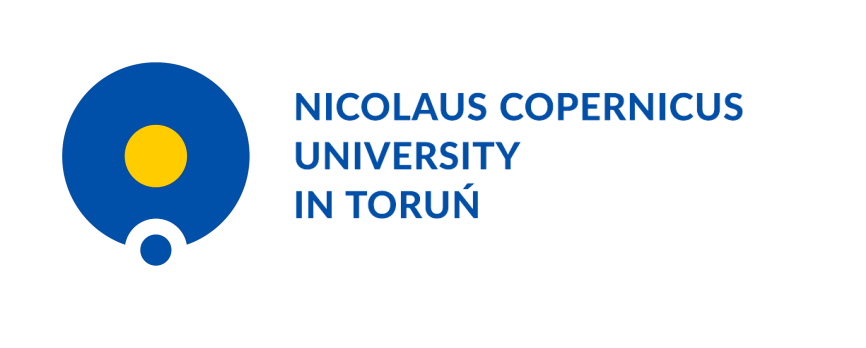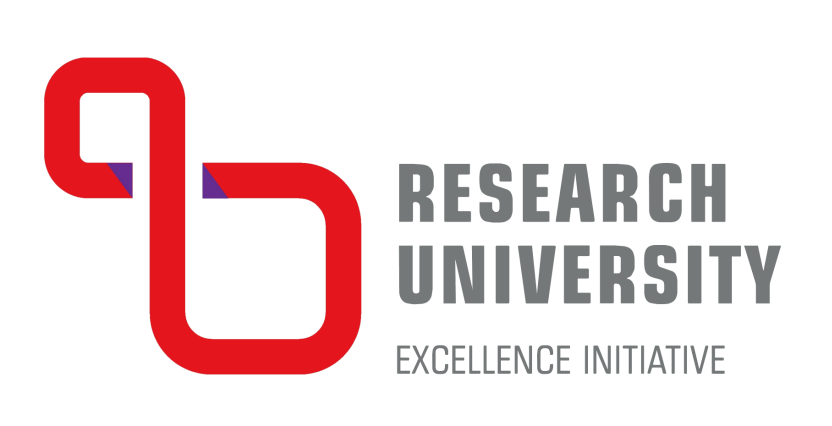Automation and Control Systems
1. Automation and Control Systems includes the areas: automation and control systems, multidisciplinary, engineering and remote control. Team leader: dr hab. inż. Tomasz Tarczewski, prof. UMK
The research activity of the Emerging Field “Automation and control systems” focuses on the development of intelligent control algorithms, design, implementation and optimization of precision control and measurement systems, and development of non-contact methods of measuring the properties of multidimensional semiconductor and polymer structures.
The team includes research groups that focus on the following research areas:
- intelligent control algorithms – the research theme covers the development of methods of controlling electric drives, power-electronic converters, and multi-axis machines. The methods include, in particular repetitive and adaptive control, artificial intelligence methods such as artificial neural networks, swarm optimization algorithms. The research also involves condition monitoring and predictive maintenance of industrial machinery. The aim is to optimise manufacturing processes.
- precision control and measurement systems – the main scope of research covers experimental and theoretical work on the development of measurement systems with high precision and repeatability. These systems are designed for measuring ultra-short time intervals and are used in precision transmitters of non-electrical quantities. The developed solutions are implemented in programmable circuits and microprocessor systems using multi-threaded real-time applications.
- non-contact measuring methods – this research area includes the development of non-contact methods of measuring thermal, optical, and electrical properties in multilayer semiconductor and polymer structures. The analysis of the measurement signal will be performed with the use of models which are based on the thermal wave method. This will enable to obtain information about thermal transport parameters of the tested devices using nanotechnology, including measurement sensors and quantum cascade lasers.
The research team working within the Emerging Field “Automation and control systems” will cooperate with the following foreign centres: Ruhr-University Bochum in Germany, the University of Toronto, Canada, Nikola Tesla Institute of Electrical Engineering in Belgrade, Serbia, the University of Belgrade, Serbia, the University of Rostock, Germany.
Dr hab. inż. Tomasz Tarczewski, prof. UMK – born in 1980 in Inowrocław. He graduated in automatics and robotics in 2005 from the Faculty of Electrical Engineering, Poznań University of Technology and started PhD studies at the Faculty of Physics, Astronomy and Informatics, Nicolaus Copernicus University. He defended his doctoral thesis in 2010 entitled “Controlling a servo drive with a synchronous permanent magnet motor with coupling from the state and estimated thrust moment” at the Faculty of Electrical Engineering of the Warsaw University of Technology (under the supervision of Professor Lech M. Grzesiak). He was awarded the degree of doctor in technical sciences in automation and robotics in 2019. He has been the Director of the Institute of Technical Sciences. He has been Head of the Department of Automation and Measurement Systems at the Nicolaus Copernicus University since 2019. The main research interests of Prof. Tarczewski involve the application of optimal, predictive and adaptive control in modern electric drives and high-performance power electronic converters. He is the author or co-author of over 50 works either published in scientific journals or presented at international and national conferences. He cooperates scientifically with leading universities of technology in Poland (e.g. Warsaw University of Technology and Wrocław University of Science and Technology) and with the Nikola Tesla Institute Electrical Engineering in Belgrade. Prof. Tarczewski was the principal investigator and contractor of grants funded by the Ministry of Science and Higher Education and the Marshal’s Office of the Kujawsko-Pomorskie Voivodeship and an auxiliary supervisor of one doctoral candidate. He is the supervisor and scientific adviser of three doctoral candidates and a member of the international scientific organisation the Institute of Electrical and Electronics Engineers (IEEE).


 ul. Gagarina 7, 87-100 Toruń
ul. Gagarina 7, 87-100 Toruń